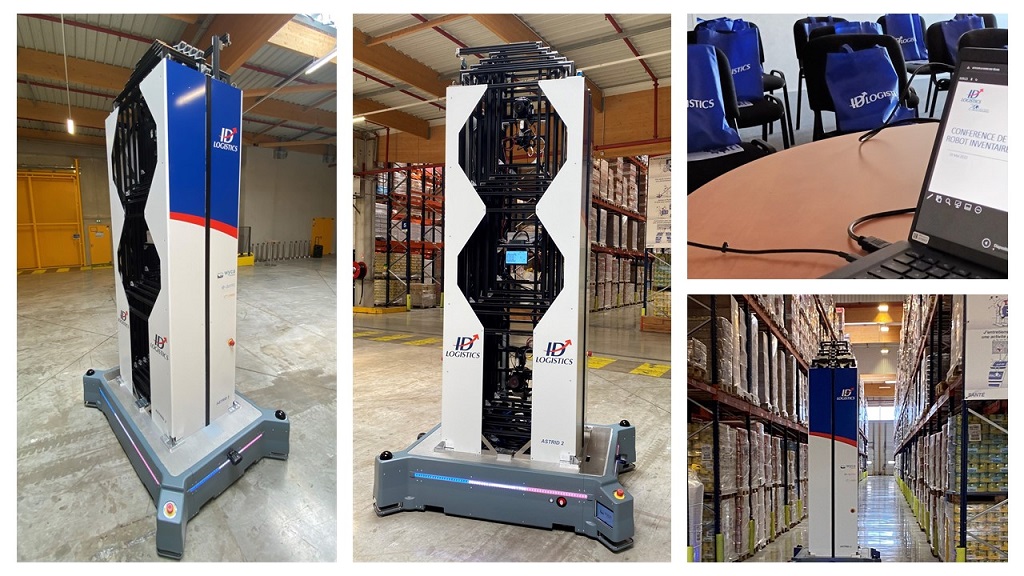
The hybrid model is increasingly accepted by Spanish companies, it combines teleworking and face-to-face in the office. In many of these cases, companies opt for flexible spaces such as coworking offices, instead of traditional offices. In fact, this is clearly reflected in the data, which is that, according to a Statista study, by 2024 there will be more than 40,000 coworking spaces around the world. Another study by What to Become puts the number of coworkers at 5 million for the same year.
In this sense, workers in the IT sector are the ones who show the greatest affinity towards the coworking space model, perhaps more accustomed due to their type of tasks to carrying out their work in more dynamic environments. In fact, according to Zippia data, 20% of coworking space members work in IT. On the other hand, the same study shows that 42% of people who make use of these spaces are freelancers, an issue that with the evolution of the sector is changing remarkably.
«The profile of professionals who require the services of a flex space is undergoing a great transformation. Flexible offices provide clear agility and cost optimization benefits to businesses of all sizes. In fact, Lexington has a high percentage of large corporations among its clients, which find in our flexible spaces a perfect ally to strengthen their commitment to the well-being of employees.“, says David Vega, CEO of Lexington, the pioneer company of flexible workspaces in Spain.
The types of companies currently most present in coworking
From Lexington they detail the three most common types of company that can be found in a coworking:
- Freelancer: A coworking could become the perfect option for a self-employed worker, since they will find a shared work environment where they can generate community and combat the social isolation that can be experienced when working from home. Meeting rooms for meetings with customers or suppliers and formats such as phone booths where private conversations are also a plus in these cases. In addition, this work atmosphere allows a freelancer to increase their productivity, generating habits in their daily tasks.
- startup: For a startup, working in a coworking space offers multiple benefits. Firstly, it saves on maintenance costs, consumption, furniture, etc., which, on the other hand, are inherent to a conventional office. In addition, the fact of sharing an office is a good opportunity to establish valuable contacts with more entrepreneurs and seek synergies with other startups. On the other hand, flexible workspaces are prepared to adapt to the increase in staff at all times, a vital issue in startups and their fast-growing model.
- Corporate: flexible or coworking spaces have ad-hoc plans that allow each company to choose the work formula that best suits their activity, allowing, for example, the implementation of a hybrid work model without the need for existing positions of work unused. On the other hand, corporate clients find in flexible spaces such as those in Lexington all the customization options: corporate identity, custom layout and the most advanced technological requirements. Finally, it is a very good tool for companies seeking to decentralize and open a branch in another city or country, enabling employees to move from one office to another knowing that they have a fully equipped space located in prime areas.



